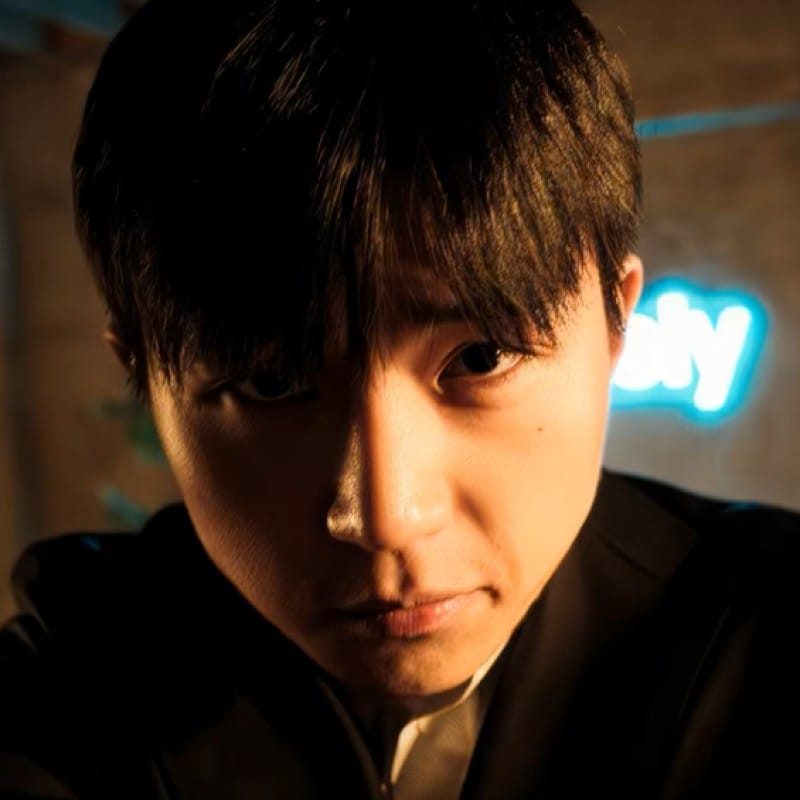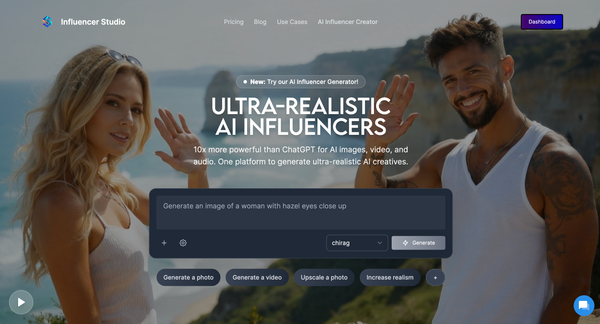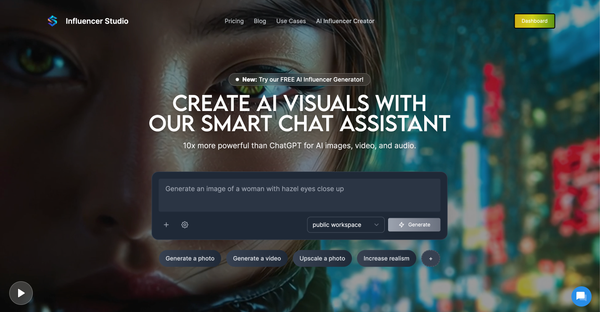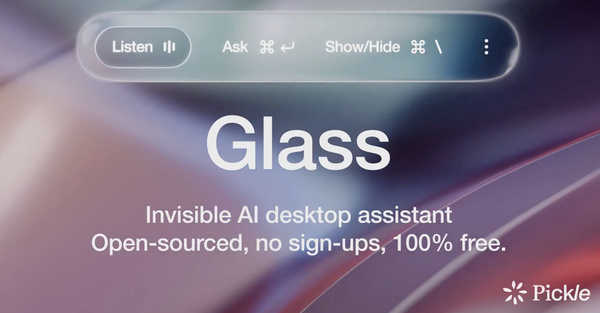I Studied Cluely Founder Roy Lee for a Month — Here’s What I Learned

Most startup founders are easy to decode: a slick pitch deck, a few LinkedIn posts, a predictable hero's journey.
But Roy Lee? Not so much.
He built Cluely, the controversial AI tool that lets you “cheat on everything.” And depending on who you ask, he’s either a visionary rewriting the rules of knowledge work—or a walking ethics violation. So I studied him. For 30 days. Every post. Every product decision. Every hot take.
What I found wasn’t just about a product. It was about a worldview.
1. He Didn't Just Build a Tool — He Built a Statement
Before Cluely became a “cheating tool,” it was Interview Coder, a Chrome extension Roy built after grinding 600+ hours of LeetCode. It auto-suggested answers in real-time during live technical interviews.
The message?
The system is broken — so I’m going to break it back.
The move got him suspended from Columbia. But it also got him noticed. Within weeks, Interview Coder became a viral symbol of both rebellion and ingenuity, shared across Reddit, Hacker News, and TikTok.
Roy wasn’t trying to cheat. He was trying to expose the game.
2. Cluely Is More Than a Productivity App — It’s AI as Armor
Cluely evolved from Interview Coder into something much more ambitious. At its core, Cluely is a real-time AI assistant that watches your screen and listens to your conversations. It then gives you live, contextual suggestions — during interviews, meetings, even dates.
The company describes it as “invisible by design.” No overlays. No trace. Just answers.
But let’s call it what it is: an AI earpiece for life.
Whether you find that dystopian or genius depends on how you feel about this next part.
3. “Cheating” Is the Trojan Horse — the Real Product Is Time & Confidence
Cluely's marketing is deliberately provocative:
"Cheat on everything."
"Ace your next interview."
"Talk like a CEO even if you're not one."
But dig deeper, and you’ll find a more consistent thread: users don’t want to cheat — they want to not freeze.
Cluely gives them confidence.
It lets them outsource anxiety.
It fills the silence in a high-stakes moment — whether it’s an interview or a pitch.
And it’s working:
- Over 70,000 users
- $3M in ARR
- $5.3M seed round led by investors like a16z
- Backed by YC
In Roy’s words: “We’re giving people what school never did — real-world answers in real time.”
4. The Growth Playbook Is Pure Gen Z Chaos (and It’s Brilliant)
Roy isn’t following the usual Silicon Valley script. There’s no B2B sales team. No white papers. No founder LinkedIn humility posts.
Instead?
Cluely hires influencers.
They build features, then hand them to creators who rack up TikTok views in the millions. It’s chaotic, organic, and absolutely working. Roy has said his goal is 1 billion impressions, not enterprise clients.
And it’s paying off: Cluely has been written up in TechCrunch, Business Insider, The Verge, and The Times (UK) — not because of PR… but because of virality.
Cluely doesn’t pitch. It trends.
5. Critics Call It a “Black Mirror Tool.” Roy Calls It Inevitable.
Cluely has sparked backlash from educators, HR professionals, and privacy watchdogs.
The tool is hard to detect. It works silently in the background. It can feed real-time answers in Zoom interviews. Critics worry about a world where trust is eroded, where candidates are essentially “puppeteered” by AI.
But Roy isn’t backing down.
In interview after interview, he insists the cheating label is short-sighted. He compares Cluely to calculators and spell checkers — tools once considered “unfair” but now essential.
“The only reason we think it’s cheating,” he said, “is because not everyone has access to it yet.”
It’s not cheating if the whole world is augmented.
6. His Vision of the Future? Everyone Is Augmented. No One’s Ashamed.
This might be the most radical thing I learned:
Roy isn’t building Cluely to game interviews. He’s building it to replace them.
He believes interviews — especially technical ones — are outdated rituals that reward memorization over creativity. In his mind, future knowledge workers won’t be tested on what they remember, but how well they can navigate AI-enhanced workflows.
So Cluely isn’t the cheat code.
It’s the training wheels for that new reality.
Final Thoughts: Roy Lee Is Building for the Inevitable
Spending a month immersed in Roy Lee’s world showed me something I didn’t expect:
He’s not trying to be the next Mark Zuckerberg.
He’s trying to be the last person who ever had to memorize bubble sort.
Cluely isn’t perfect. It’s rough around the edges. It freaks people out. But that’s exactly why it matters.
Because every once in a while, a founder doesn’t just build a product.
They hold up a mirror to society — and ask, “What if this was normal?”
Roy Lee’s Cluely might just be that mirror.
And like it or not… we’re all staring into it.
PS. I'm Emily Tang, one of the founders of Influencer Studio, an app that lets you create AI influencers. Check us out!




